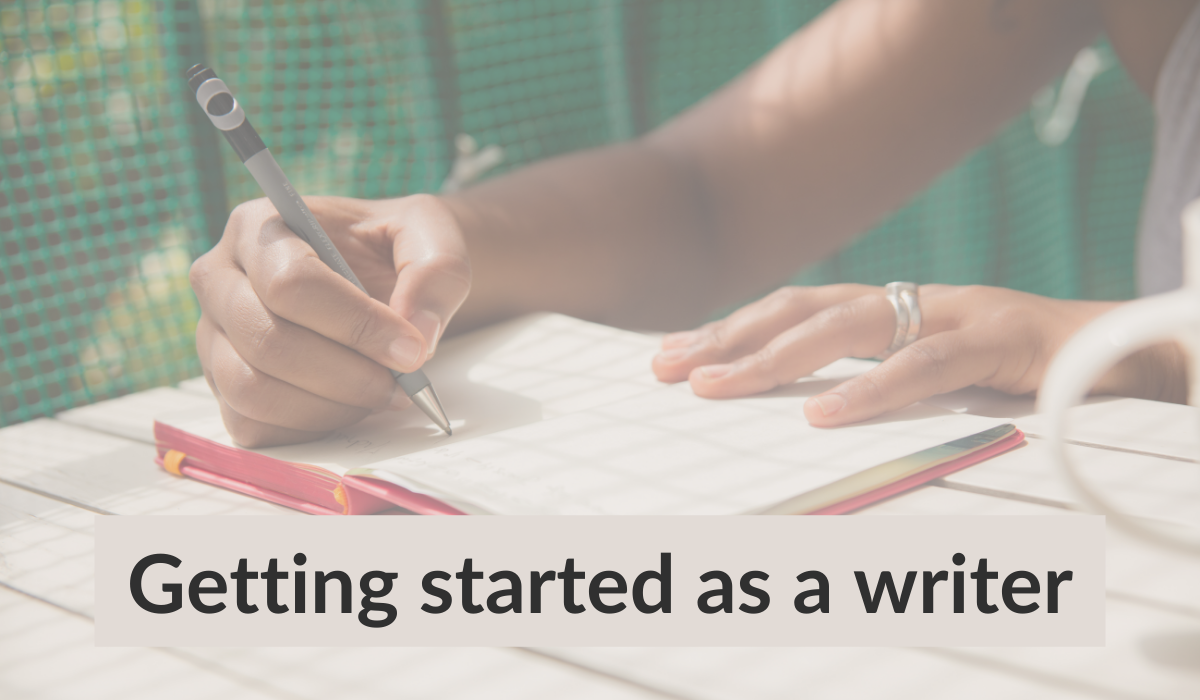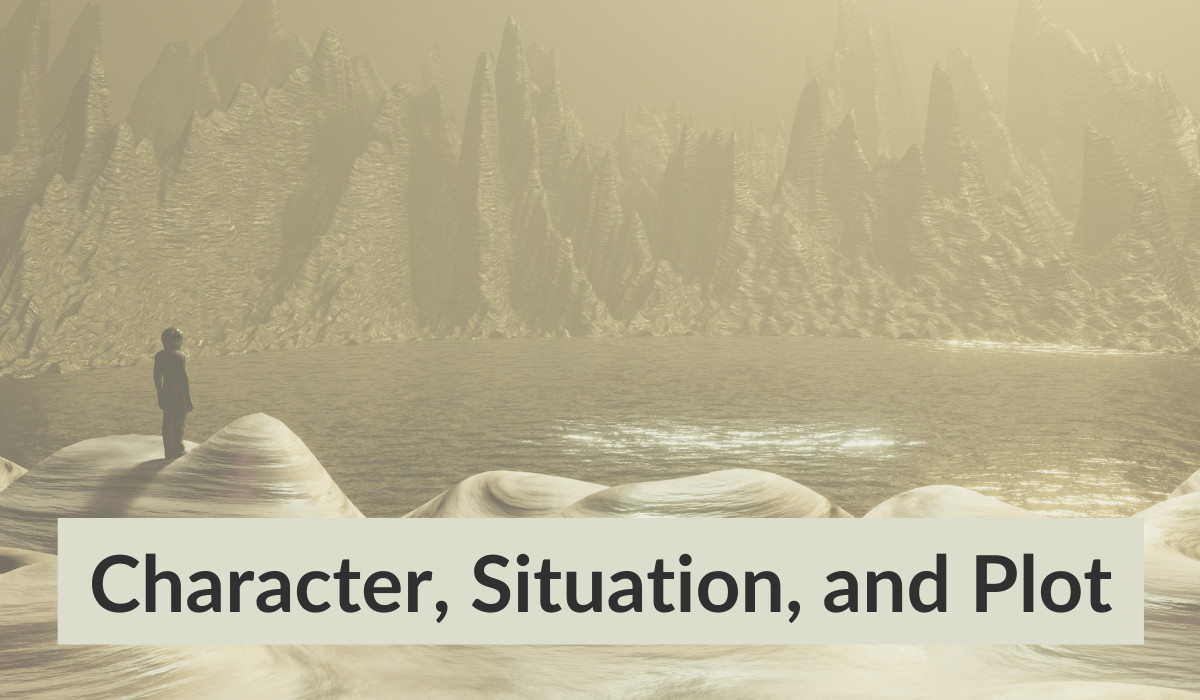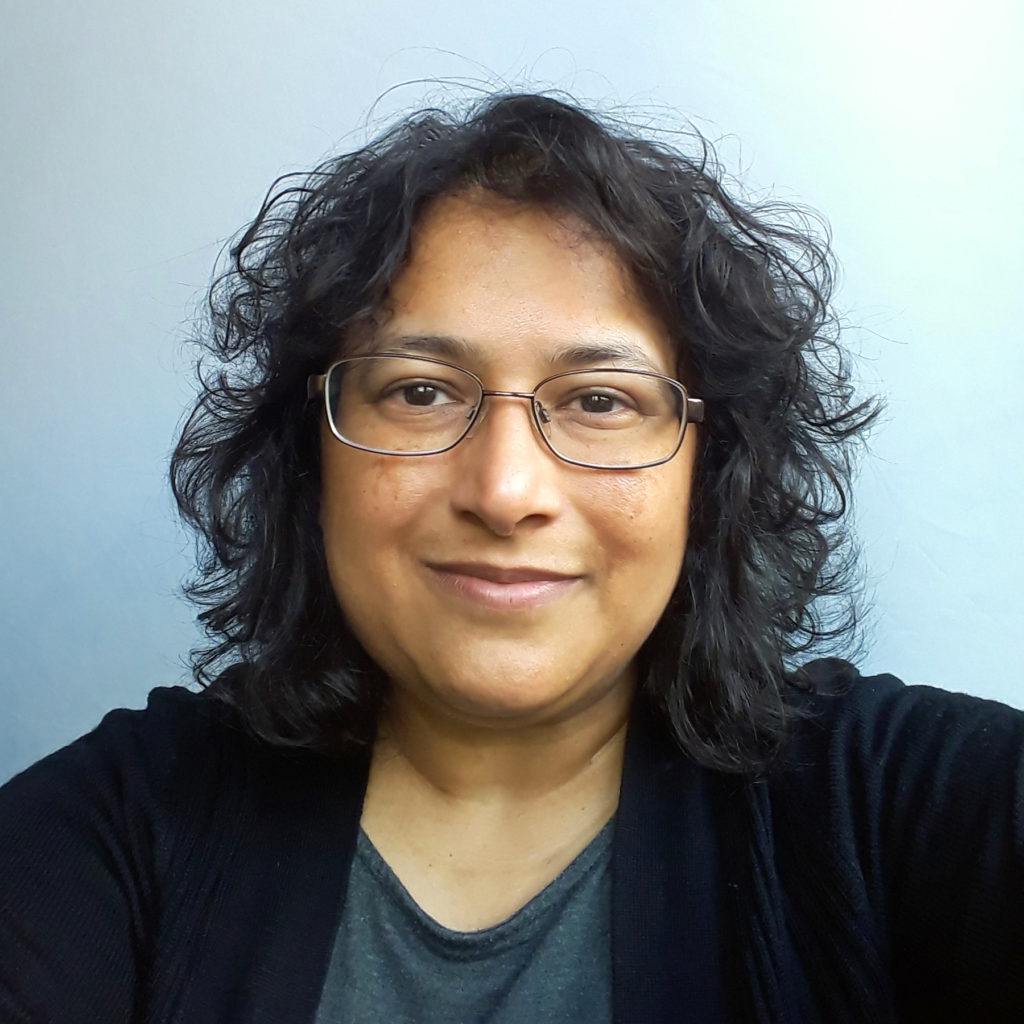I drew the line in the sand in my diary on the evening of Thursday 23rd December 2010 and decided I was going to write a novel. I’ve learned since that the writing life is a continuous journey of learning the craft of writing and learning to live as a writer. It will never stop and if it does, it will be because I have withdrawn from it altogether.
Dorothea Brande gives a warning in ‘Becoming a writer’ in relation to two writing tasks – early morning writing and writing by prearrangement:
‘If you fail repeatedly at this exercise, give up writing. Your resistance is actually greater than your desire to write, and you may as well find some other outlet for your energy early as late.’
That is hard. Hard to read as a writer/wanna be writer. If anything, I must have ignored that warning when I read the book two years ago and ploughed on regardless. I’ve never done the early morning pages or turned up by prearrangement (well never on time anyway) and somehow pushed out three first drafts, one of which is now a completed novel.
Admittedly, I wish I could be more disciplined, I really do and I keep booking times in my diary to get organised and sometimes I make it and sometimes I don’t. I’d say life and distractions get in the way. Them pesky distractions.
But how I got on and wrote more than the day’s date, I’d put down to a combination of things:
1. The decision to give it a go.
I’d written bits of two novels seven years before that date above, and then wrote another bit of a novel two years before the day I made my decision of ‘this is it, let’s just do it, prove I can do this or give up’.
2. Joining a writing group.
I joined one that started in September 2010 and bit by bit it found its feet. The short writing exercises were the start of recognising I could write even if it was only every two weeks. Support from a group is essential, if you don’t feel supported, find another group.
3. Taking a writing course.
The first one, a two day start your novel course, got me to write a first chapter. I wrote a couple after that; doubt set in and I didn’t continue. The second one, I got feedback on a short story and it made me think, perhaps I can do this. The third course I learned how to edit my work; made me realise what I was doing right. Teachers are critical to a writer – I’m glad of the ones I’m learning from, their challenges on how I view my writing and writing life, how I edit, and what I write (been writing performance pieces, one act plays etc… as well as the novel).
4. Reading about writing.
I read every book I could get my hands on about writing. I especially liked the Writers Digest collection on Dialogue, Plot & Structure, Description & Setting, Characters, Emotion & Viewpoint, and Revision & Self-editing. If I was starting again as a writer, I’d read those as well as: Self-editing for fiction writers, Browne and King; Nail your novel, Morris; Make a scene, Rosenfeld (I may be the only one who needed this). There are other ones on the shelf but these are the ones I’d read again.
5. Reading fiction, all sorts.
I read a variety of fiction, novels, short stories, poetry. Even snippets and samples of other writers, famous or otherwise make you realise your own writing voice. Sample the variety out there. My favourite novel is still Annie Proulx’s ‘The Shipping News’; I can dip in and out of it and find wonder at her descriptions, not static, moving, move the story forward.
6. Writing lots and editing.
Doing first drafts meant I knew I could get to the end of a story. Moving a novel from first to second draft meant I understood how to examine and revise the structure of a novel. From third to fourth draft, meant learning how to revise, cut, and reshape sentences to make the words and sentences work better. Fourth draft – read aloud to make sure that the ‘fictive dream’ is not interrupted for the reader. Fifth and beyond – feedback from Beta readers.
7. Believe.
The hardest one. Still learning.
So that’s my journey up to today.
What would you have said to yourself starting out?





2 responses
When I read Dorothea Brande’s quote, I was quite angry at it – what works for one person doesn’t work for another, so to say you should give up if you don’t do what she prescribes doesn’t seem helpful! If I was starting out, I suppose I’d tell myself not to give up – that at some point I would come into my own as a writer – whether I’m ever as successful as I want to be or not 🙂
It is pretty harsh. I was reminded of that quote a couple of weeks ago and had to re-read the book because I couldn’t remember reading the quote. But it was there – so I must have ignored her warning and kept going regardless. But I know what you mean, I would encourage any writer to keep going – find their writing flow and style. And voice. The rest of the book has good advice (for a book written in 1934), still relevant to us writers today. cheers, Ce.